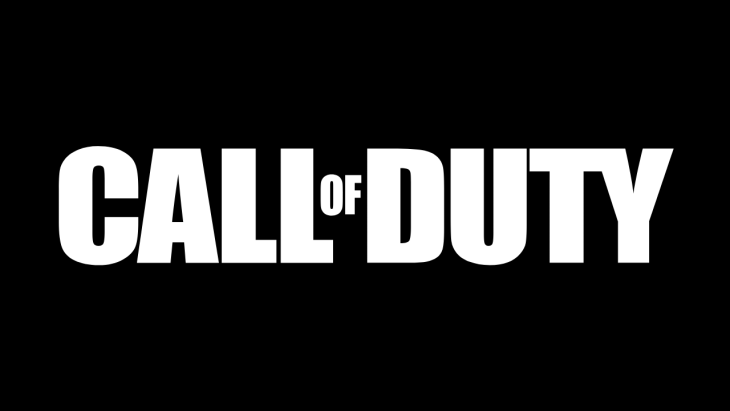Microsoft enters deal with Sony for Call of Duty to stay on PlayStation

Other Activision Titles ‘Not’ Included in Deal
In the latest surrounding Microsoft’s scheduled takeover of Activision Blizzard, it appears an agreement has been reached between Microsoft and rival Sony about the future of the Call of Duty franchise.
It was announced on Twitter by Xbox today that the two platforms have signed a binding agreement to keep the popular FPS franchise on PlayStation after Microsoft’s acquisition of Activision Blizzard is complete.
Microsoft has reassured the public that from the very beginning of the merger, it has been committed to addressing any and all concerns from regulators, developers, publishers, and gamers, and is looking forward to a collaborative future where gamers worldwide will have more freedom and choice, not less.
Even after the Activision deal is approved, Microsoft has ensured that Call of Duty remaining available on more gaming platforms will remain a focus of the company, with the aim of making it accessible for more players than ever before.
With that being said, there are no other real details regarding the deal between the two, other than that it will last for at least ten years. Many have also speculated that Microsoft only made the deal to boost its chances of winning approval in its bid for the acquisition of Activision Blizzard.
For almost two years now, both regulatory bodies and a large percentage of gamers and industry insiders have expressed worry that Xbox could make Call of Duty a Microsoft exclusive, which could greatly impact and potentially even monopolize the market moving forward.
Sony also vocalized concerns that Microsoft could potentially release versions of Call of Duty for the PlayStation that could be in some way lesser or perhaps even broken compared to the Xbox releases, thus sabotaging PlayStation by making more customers purchase the Xbox version instead.
According to PlayStation, Microsoft’s initial offer for a Call of Duty deal last year was inadequate on multiple levels and was something that had to be addressed during the recent court hearings between the FTC and Microsoft first before a deal could be reached.
Skeptics have pointed out that there is no financial incentive for Microsoft to withhold Call of Duty from Sony, seeing how financially successful and vital PlayStation’s Call of Duty audience is to the overall success of the First-Person Shooter franchise.
To back this claim up, the UK regulatory commission, the Competition and Markets Authority, who strongly opposed the deal in the beginning, has since acknowledged making Call of Duty a Microsoft exclusive would produce significant financial losses for the company, not to mention the public backlash from fans.
It appears now that Microsoft’s takeover of Activision Blizzard is finally clearing the last roadblocks. The Federal Trade Commission’s appeal for a preliminary injunction to prevent the deal from being completed by the July 18 US deadline was denied last week by a US District Court judge. Yesterday, the FTC’s appeal against this ruling was also denied.
Back in the United Kingdom, the CMA has ceased its initial objection to the takeover and is now willing to listen to new propositions from Microsoft on how it intends to provide solutions to the concerns about competition and fair trade. The British regulatory body will most likely not reach a resolution with Microsoft before the July 18 deadline but will hope to do so before August 29.
On a final note, it has been confirmed that the Sony deal only applies to the Call of Duty franchise, and not to the full Activision Blizzard library. Microsoft’s original proposal back in January 2022, proposed to keep all existing Activision console games on the PlayStation platform.
This included both current and future titles in the Call of Duty catalog. However, now that Microsoft has pulled back on the original deal and only ensured Call of Duty will remain on PlayStation, fears of Microsoft owning an unfair share in the market might prove true in the future after all.


